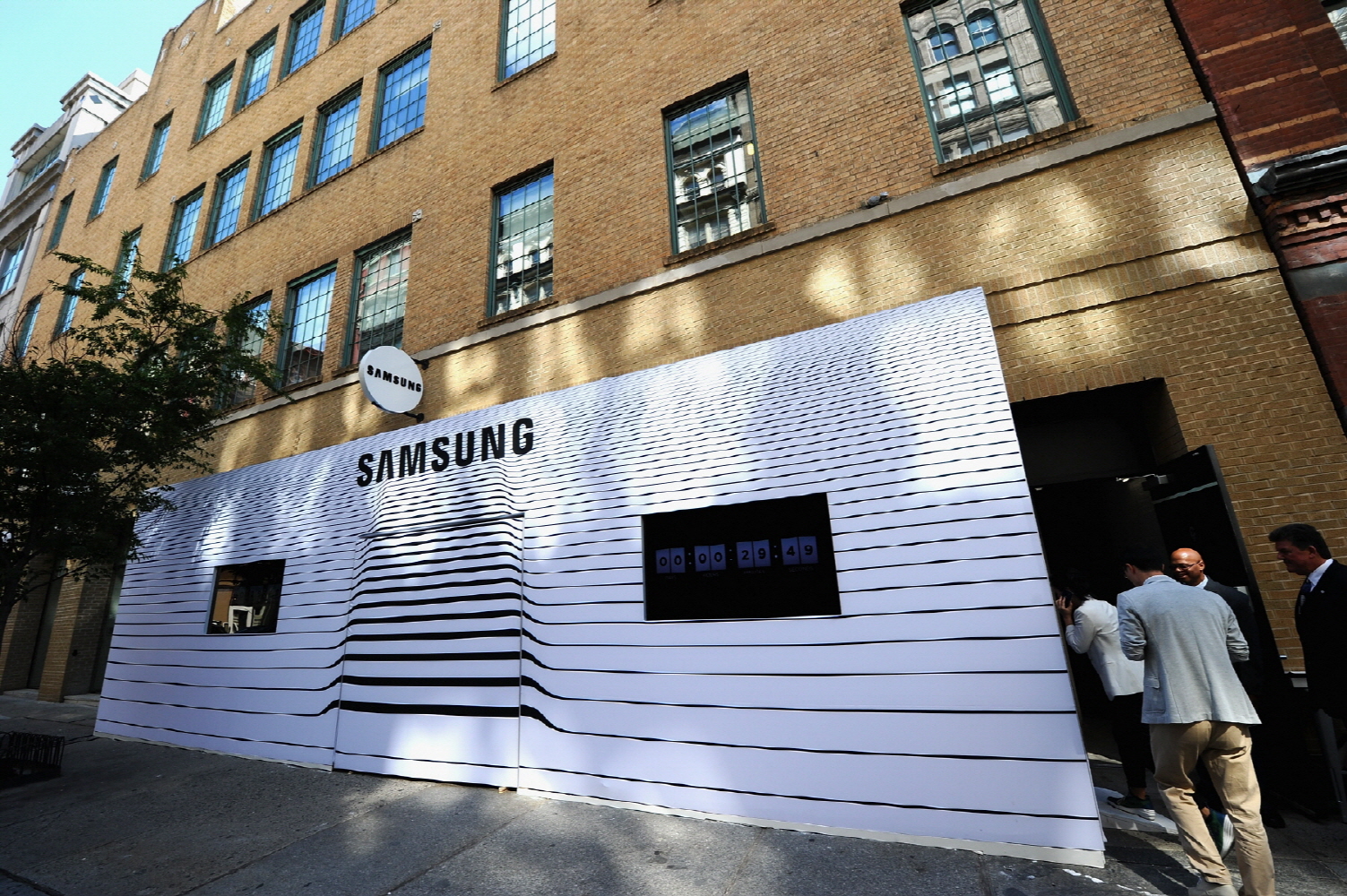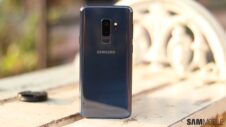We heard rumors that Samsung was opting for a new development method to fast track work on the Galaxy S7, and the early launch of the Galaxy Note 5 and Galaxy S6 edge+ certainly enhanced the possibility that we might see the next Galaxy S flagship make an early appearance as well. A Samsung smartphone with the name “Lucky-LTE” appeared on the Geekbench benchmark database recently, and we can now confirm that this device is the Galaxy S7, which has been codenamed Project Lucky internally.
There's probably a simple reason why Samsung is using that word for its next flagship – the number 7 has been called the lucky number for ages, and it doesn't take a genius to figure out why the Galaxy S7 is being termed Lucky by the Korean giant. But whatever the reasoning behind the codename might be, let's get on to the more interesting stuff.
The Galaxy S7 is being tested with a new Exynos 8890 chipset, which is most likely the M1 Mongoose SoC that reared its face a couple of weeks ago. The Mongoose scored impressively in the Geekbench benchmark when we first saw it, but the prototype S7 that appeared recently didn't do so well. We're told that's because the device was tested with the CPU at a lower frequency, and that 2.3GHz is the final target. Oh, and it seems the Snapdragon 820 might indeed be powering some variants, most likely in the US where CDMA networks are still in operation. Don't be surprised by this; Samsung had said during the S6′ launch that it's still open to using Qualcomm's mobile processors as long as they are good enough, something the Snapdragon 810 wasn't.
Next, let's talk about storage and SD cards. Our insiders tell us that the Galaxy S7 is being tested with Samsung's screaming fast UFS 2.0 storage, but the company might have found a way to make it work with SD cards. As we explained earlier this year, the memory controller on SD cards and the UFS 2.0 storage aren't compatible with each other, making it impossible for them to co-exist on the same device. Samsung probably is trying out interfacing techniques to get around the limitation, though it would be best to not get too hopeful that the final product will bring back expandable storage to Samsung's flagship line.
Finally, Samsung is supposedly testing a new 20-megapixel ISOCELL camera on the Galaxy S7, and also a project called the “all lens cover.” We have no idea what this project is; it's perhaps a cover that will add additional lenses for the camera on to the phone, but we admit we're in the dark about what the actual purpose will be.
As always, all this is early information and things could change by the time the Galaxy S7 comes to market. We're certainly looking forward to Samsung surprising us with new stuff considering the turnaround it has made this year with its smartphones, and we will be sharing any details we come across with our readers in the future.







